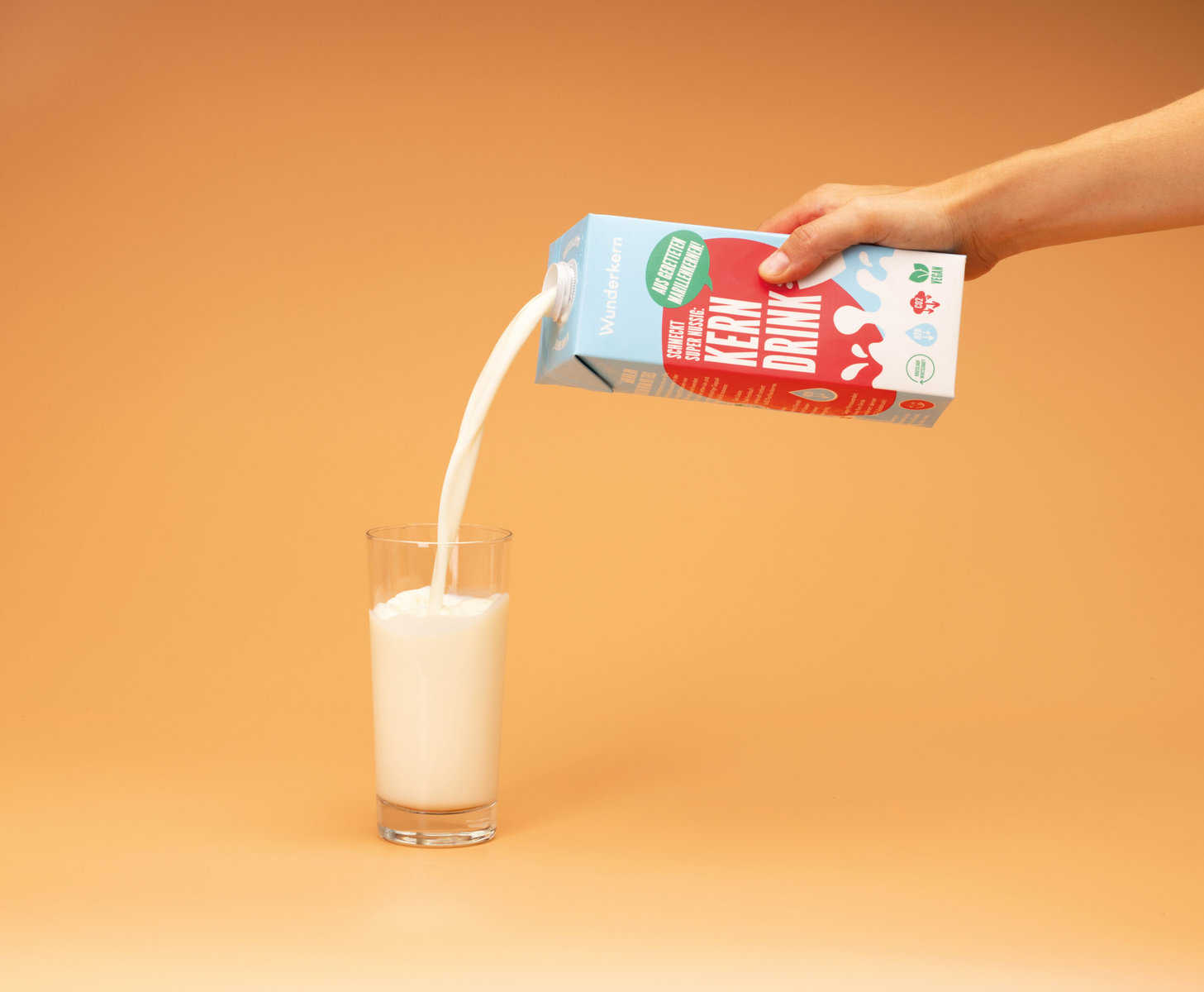A petition by ProVeg International urging the EU to include plant-based milk in school meals has exceeded 40,000 signatures. Using the hashtag #schoolmilk on social media, the campaign pushes for the integration of plant-based milk as a more climate-friendly option for future generations.
Concurrently, oat milk giant Oatly is running an advertising campaign in mainland Europe across digital and socials, with a video depicting children smuggling cartons of oat milk into schools, asking: “Should kids have to take it into their own hands? Include plant-based milk in the school milk scheme!”

92% in agreement
Along with the video campaign, Oatly carried out a survey with the results revealing 92% of EU citizens agree it would be advisable for schools to serve more plant-based foods and drinks to children, from a sustainability perspective. Additionally, 76% said that introducing children to more plant-based food at school could lay the foundations for a sustainable lifestyle.
“Offering plant-based milks will help the EU to decarbonise society”
Jasmijn de Boo, Vice President of ProVeg, commented: “Plant-based milks fortified with calcium are sustainable and healthy options that should be included in the school scheme as European society shifts towards a more plant-based diet. Offering plant-based milks will help the EU to decarbonise society and at the same time allow for greater choice for those who do not want to drink cow’s milk with their school meal.”

ProVeg is making the case for including plant-based milks in the scheme on the following grounds:
- The inclusion of calcium-fortified plant-based milk aligns with the Commission’s rationale for the review, namely to “create a favourable food environment that makes it easier to choose a healthy and sustainable diet” as part of the EU Farm to Fork strategy.
- Plant-based milks can support a balanced and healthy diet.
- Nutrition experts state that soya milk that is fortified with calcium can be used as a nutritionally adequate alternative to cow’s milk.
- Globally, about 68% of people are lactose intolerant. Whilst the school milk scheme already provides lactose-free cow’s milk, it is important to provide a greater choice at lunchtime for those who are lactose intolerant and want to drink plant milk. Additionally, cow’s milk allergy is the most common form of food allergy in children. Plant-based milks offer a nutritious alternative for people with these health issues.
- Some plant-based milks have a carbon footprint between 63% and 78% smaller than animal-based milk.
- Concerns about the welfare of animals during the transportation and production process of dairy are not an issue with plant-based milks.
- Plant-based milks contribute to inclusivity as they can offer all children, including those who choose not to consume dairy products, the chance to drink milk of some kind.
“Both the EU’s Farm to Fork strategy and the Beating Cancer plan recommend adopting more plant-based diets, and this includes plant-based alternatives to conventional dairy products. We urge the Commission to embrace the opportunity with this review to make calcium-fortified plant-based milks eligible products in the scheme and thus ensure greater choice of milk drinks for children across Europe,” added de Boo.





